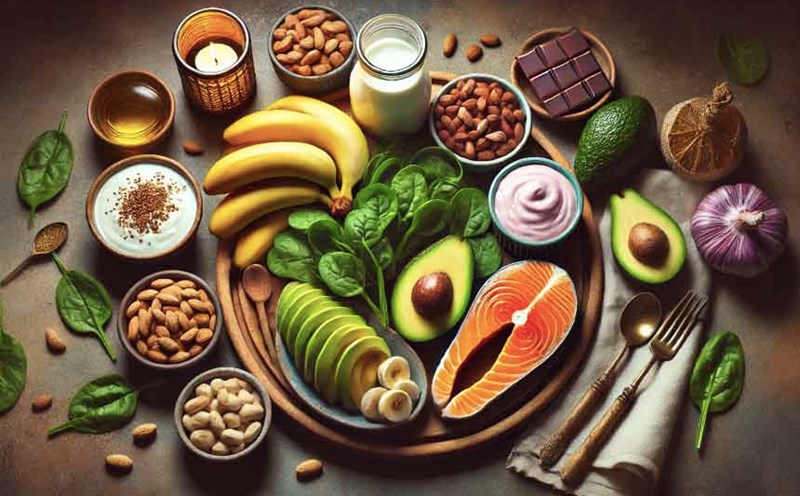An average of 150g of baked potato, without added salt, contains about 925mg of potassium. This potassium is higher than the potassium in a banana, a fruit often mentioned as a symbol of potassium. This shows that baked potatoes are a rich source of natural potassium.
Potassium plays a key role in regulating blood pressure by neutralizing the effects of sodium. According to the American Heart Association, adequate potassium supplementation helps dilate blood vessels, reduce pressure on blood vessel walls and support electrolyte balance, thereby reducing the risk of high blood pressure - one of the main causes of cardiovascular disease.
Research shows that people with a diet rich in potassium have a 20% lower risk of cardiovascular disease than the potassium-rich group.
Baked potatoes, without added oil or salt, retain more nutrients than cooking methods such as frying. In addition to potassium, potatoes also contain fiber, vitamin C and antioxidants such as polyphenols which help reduce inflammation and improve blood vessel function.
However, the effectiveness of baked potatoes for the heart depends on how they are prepared. When fried or eaten with salt or saturated fat, cardiovascular benefits can be eroded or even harmed.
Baked potatoes are an ideal source of natural potassium, which contributes to supporting cardiovascular health when consumed properly. Incorporating baked potatoes into a reasonable diet, combined with a healthy lifestyle, is a scientific and heart-healthy choice.











